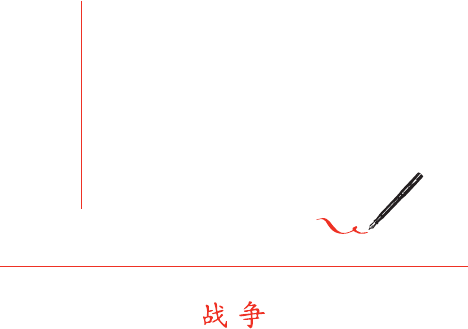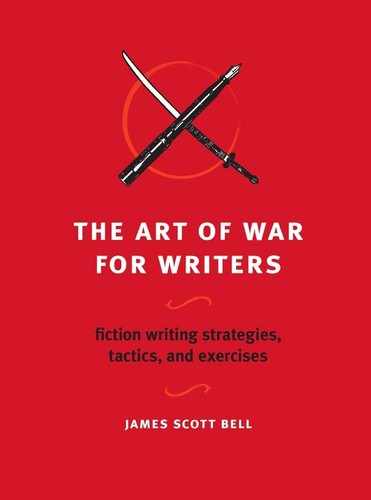
11
02
The writer must understand the
essentials of success for a long-
term writing career, and count
the cost accordingly.
Assuming you have decided to forge ahead toward a fi ction-
writing career, let me give you the ten characteristics you
must possess (or develop).
1. desire. It’s got to be a hunger inside you. You’re
going to have to sacrifi ce time and money and
endure frustrations galore. If you don’t have
the desire, you won’t last long out there on the
battlefi eld.
2. discipline. It’s all about production. A quota of
words, six days a week.
3. commitment to craft. You can’t just dash off
a book. Leonard Bishop wrote, “Dramatic char-
acters, inventive plotlines, exciting and intense
situations are not achieved through accident or
‘good luck.’ The writers of great books zealously
learn the craft of their profession so they can
release the power and depth of their imagina-
tion and experience.”
Z4273i_008-038.indd 11Z4273i_008-038.indd 11 9/24/09 11:20:24 AM9/24/09 11:20:24 AM

12
4. patience. It takes time. But you can cut down
the time if you have 1, 2, and 3.
5. honesty. Be willing to confront your weakness-
es as a writer.
6. willingness to learn. No chip on your shoul-
der. Check your ego at the door, or wherever else
is convenient.
7. business-like attitude. Develop business
savvy and professionalism.
8. rhino skin. Learn from every rejection, and
never let any rejection hold you back.
9. long-term view. Don’t think: “Do I have a book
inside me?” Think: “Do I have a writer inside
me?”
And answer: “Yes!”
If someone who writes that badly can become a
writer, then even the dippiest of us can become
a writer, chacma baboons can become writers,
sludge and amoeba can become writers. The trick
is not in becoming a writer, it is in staying a writer.
Day after week after month after year. Staying in
there for the long haul.
—Harlan Ellison
Z4273i_008-038.indd 12Z4273i_008-038.indd 12 9/24/09 11:20:25 AM9/24/09 11:20:25 AM

13
10. talent. The least important. Everyone has some
talent. It’s what you do with it that counts.
How’d you do on that list? If you see any weaknesses, are
you confi dent that you can turn them around?
You can, you know. Start by writing down your hon-
est reactions to the following statements:
I decided that I would continue to write as long as
I lived, even if I never sold one thing, because that
was what I wanted out of my life.
—George Bernau
Your reaction
Z4273i_008-038.indd 13Z4273i_008-038.indd 13 9/24/09 11:20:25 AM9/24/09 11:20:25 AM

14
You must want it enough. Enough to take all the
rejections, enough to pay the price of disappoint-
ment and discouragement while you are learning.
Like any other artist you must learn your craft—
then you can add all the genius you like.
—Phyllis Whitney
Your reaction
In Boot Camp, tough sergeants deliberately try
to break the morale of inducted men. Those who
break they send back to civilian life, or to some
more or less ignominious chore in army life. There
are two or three hundred thousand ‘writers’ who
‘write at’ writing in this country. Ninety percent of
them make next to nothing. The few who do get
Z4273i_008-038.indd 14Z4273i_008-038.indd 14 9/24/09 11:20:30 AM9/24/09 11:20:30 AM

15
by are those who were not “broken” in the Boot
Camp of their own wills, or lack of same.
—Jack Woodford
Your reaction
A year from now, look at the quotes again, and write
new responses. What is the trajectory of your writing life?
How have you grown as a writer? What new things have
you learned about the profession and the craft?
Refl ect. Review. Replan.
Be stern in the council-chamber, so that you may
control the situation.
—Sun Tzu
Z4273i_008-038.indd 15Z4273i_008-038.indd 15 9/24/09 11:20:30 AM9/24/09 11:20:30 AM
..................Content has been hidden....................
You can't read the all page of ebook, please click here login for view all page.
